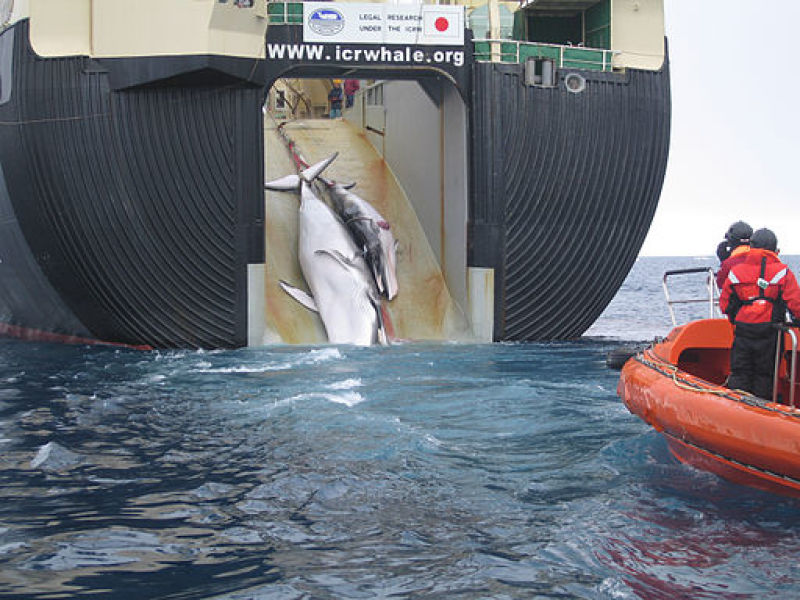
Japan has resumed its whale hunting operations after launching a new program that's geared towards scientific research.
This immediately drew the ire of activist groups and other organization that have been criticizing the country due to the lethal methods that it uses when capturing whales.
Last year, the International Court of Justice (ICJ) order Japan to stopped its whaling operations after ruling that its former program, the JARPA II, does not follow the regulations for studying whales for scientific purposes, BBC has learned.
However, on December 1, the Japanese government launched a fleet of whaling vessels, including the Nisshin Maru, bound for the Antarctic Ocean under its new scientific program dubbed as NEWREP-A.
According to Japanese authorities, the new program covers the ruling set forth by the ICJ. This includes cutting down the quota of the new program by about a third of what the Japan used to hunt. Under the new program, the Japanese vessels will capture 333 Antarctic minke whales each year. Since the new program will run for 12 years, this means around 4,000 whales will be killed, CNN reported.
Japan's Fisheries Agency and Ministry of Foreign Affairs admitted that for now, killing the animals for scientific purposes cannot be avoided.
"As there is no other means than lethal methods, at this stage, the use of lethal method is indispensable to obtain age data which is necessary for estimating the age-at-sexual maturity, which makes considerable contribution to achieving the application of the [Research Management Procedure]" the agency wrote in the new program's proposal.
Almost immediately after kicking off its 12-year whaling program, Japan was criticized by various groups. One of these, the Sea Shepherd Conservation Society, referred to Japanese whalers as poachers. The group also said that Australian government, which looks after the Southern Ocean, must enforce its laws against any form of illegal activity.
Captain Alex Cornelissen of Sea Shepherd said that it is ready to intervene, and most likely clash with the Japanese whalers, if poaching activities take place.
"Sea Shepherd is an anti-poaching organization," he said in a press release. "We are ready to find, document, report on and where possible intervene against poaching operations that threaten the precious balance of life in the Southern Ocean; whatever form those poachers might take, whatever life they threaten."
"If the Sea Shepherd comes across criminal activity, then our history speaks for itself," Cornelissen added. "We will, as always, directly intervene to prevent that crime from taking place.

















